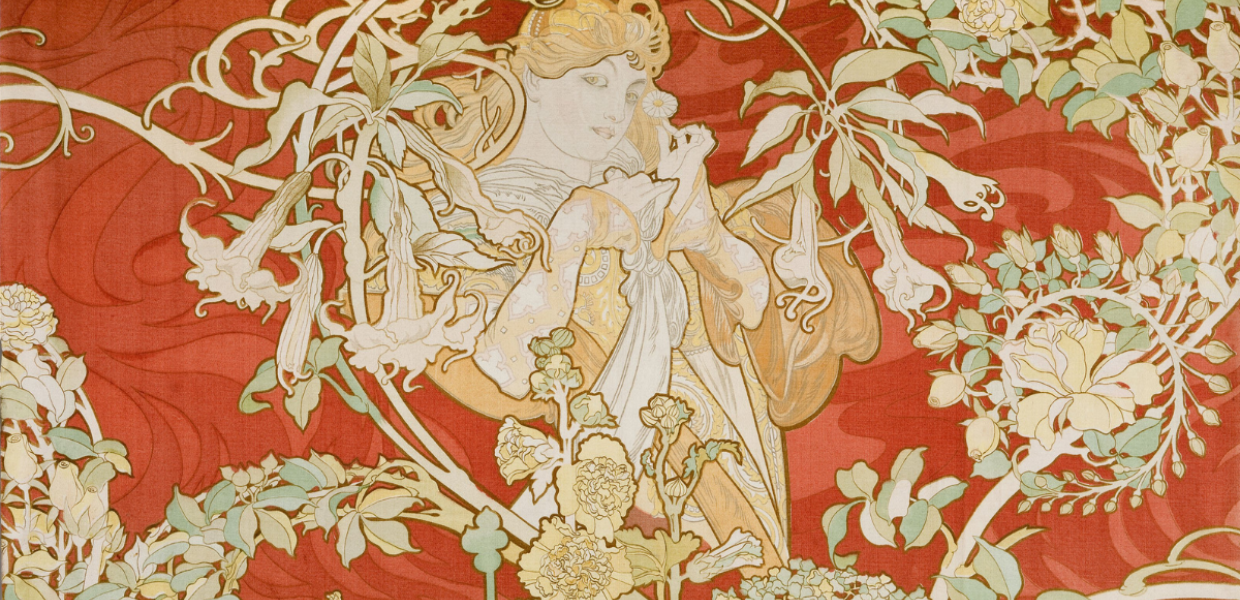Can you tell us about yourself and your work in education?
I studied Fine Art at Hornsey College of Art in London, after which I taught Art & Design in schools and colleges for 14 years. I was then appointed as Local Authority advisor for Art/Design and ICT, developing expertise in professional computer graphics/design. This knowledge enabled me to train users from industry in Computer Design. I brought this experience to my later work with the University of Hull on a number of national and EU funded research projects involving digital cultural heritage.
Why did you join the Europeana Education community?
My work with the University extended my interest in the field of digital resources and cultural heritage. During this period, around 2010, I became aware of Europeana. I instantly realised its significance and importance, both in relation to my work interests and for education generally. This encouraged me to join the Europeana Education community to learn more, and hopefully, be able to contribute and share ideas with like-minded educators working in education and digital cultural heritage.
How did the Toolkit project come to life? Why did you decide to create this tool?
The Open Content Toolkit project started with an entry to a competition run by the British Library. Although I did not win the competition, my submission was highly commended and this encouraged me to develop my initial idea further.
I started to create the toolkit as a wiki on the Wikispaces platform. Unfortunately, Wikispaces was closed down, so I had to find another suitable platform. I finally settled on Dropbox Paper because of its flexibility and ease of use. Dropbox Paper enabled me to create links, add resources and publish them instantly.
How will this Toolkit will help educators?
Educators often have difficulty in finding resources they can easily use and integrate in their lessons and learning resources. Two of the main reasons being restrictive copyright and too many resources, (information overload) making it difficult for educators to know ‘where to start’ to find suitable content.
The toolkit is designed to make this task as seamless as possible using curated links and showcasing categorised resources. In addition to the resources themselves, there are suggestions and ideas as to how educators can creatively use open content resources and integrate them into their teaching, curricula and educational activities. Ease of use is a priority of the Toolkit.
You highlight resources from Europeana on a number of pages in the Toolkit - what value do you think that Europeana has for educators?
Because the millions of digital cultural heritage objects provided through Europeana have been carefully curated and organised it makes it incredibly useful, and most importantly, easily accessible for educators. The themed topics presented as collections, galleries, exhibitions and blogs, together with Europeana Classroom and tools such as Historiana, makes the Europeana website much more than just an online collection or repository.
I am currently enrolled in the Digital Education with Cultural Heritage Europeana MOOC, and the course is presenting me with new ideas and approaches to include in the Toolkit. It is exciting to learn how my peers on the course are using Europeana resources, often, in ways I had not previously even considered. This has given me a much wider perspective and new ideas on how to further develop and implement the Toolkit.
What are the next steps? How can other community members contribute to this open resource?
The next steps will be to share and disseminate the updated Toolkit resource as widely as possible. I will use educational networks and appropriate social media to increase take up amongst educators and other interested parties. I am currently adding the facility to comment, leave feedback, share resources and suggest improvements. The flexible nature of the Toolkit enables it to respond to new developments in technology, especially in the field of digital heritage.
I am very grateful to Isabel at Europeana for giving me the opportunity to share and discuss the Toolkit within the Europeana educational community. I believe international collaboration is of great importance for education in the 21st century.
I extend a warm invitation for you to take a look at the Open Content Toolkit.


